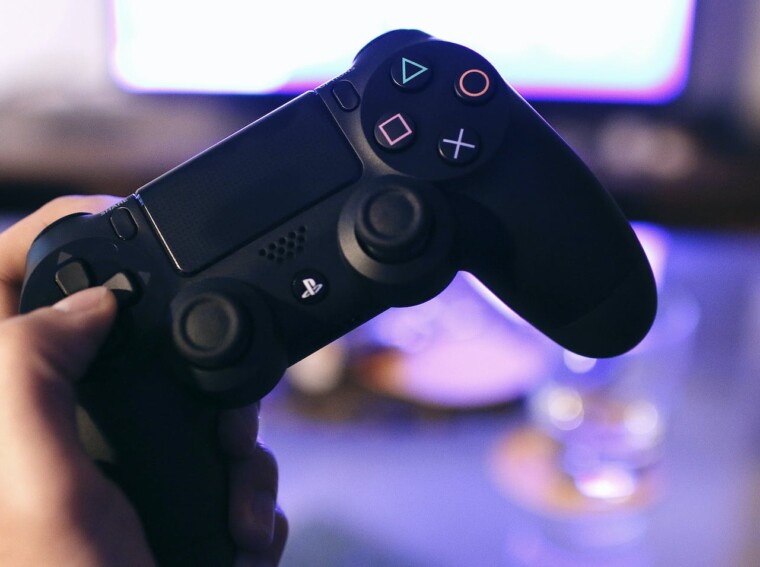The realm of gaming has grown beyond simple amusement in recent years. It now plays a big role in contemporary society and culture. This phenomenon has provoked lively discussions. The effects of gaming on behavior, mental health, and social skills are discussion topics. Some perceive video games as a risk to social interaction and mental health. Others view them as useful resources for stress reduction and skill development. We examine both sides of the dispute in this article. We look at how gaming affects people and communities in both positive and negative ways.
Positive Impacts of Gaming
One big benefit of gaming is that it improves cognitive abilities. Playing games frequently calls on quick decision-making, problem-solving, and strategic thinking. These abilities transcend beyond the virtual realm. They also hold true for situations in real life. This improves one’s capacity for prompt, wise decision-making. Playing these games helps you focus and pay attention. These qualities are advantageous in both professional and academic contexts.

The ability of gaming to promote socializing is another benefit. Virtual communities are created by multiplayer online games. Players converse, cooperate, and engage in competition. Community and a sense of belonging can be fostered by this engagement. This is particularly valid for people who could experience feelings of isolation in their physical surroundings. Platforms for online gaming can be especially helpful for those who struggle with social anxiety. They offer a less daunting environment for social skill development and interaction.
Additionally, gaming can be a means of mental escape and stress release. Playing video games enables people to relax and remove themselves from the strains of everyday life. This type of digital therapy can offer a secure setting for the investigation and expression of emotions.
Negative Impacts of Gaming
Notwithstanding these advantages, gaming has drawbacks that should not be disregarded. The danger of addiction is one of the main worries. Because video games are meant to be enjoyable and engaging, playing them too often or developing addicted habits is possible. The effects of this addiction on mental health can be severe. It may result in problems including social isolation, anxiety, and sadness.
Another thing to be concerned about is how gaming affects conduct. The question of being exposed to violent video games has generated controversy. According to certain research, aggressive conduct and violent video games are related. The evidence raises concerns regarding the influence of violent content on young, susceptible minds as well as the possibility of desensitization to violence, even though it is not definitive.

Long-term gaming sessions might also result in a sedentary way of living. Numerous health concerns, including as obesity, cardiovascular disease, and musculoskeletal disorders, are linked to this lifestyle. Poor eating habits and irregular sleep patterns frequently exacerbate the physical health risks, making health issues worse.
In conclusion, there are many different and intricate ways that gaming affects society. It has emotional, social, and cognitive advantages. But there are also risks to one’s bodily and mental well-being. The gaming market is still expanding. Parents, teachers, and athletes must be aware of these effects. They ought to promote a sensible attitude toward gaming as well. It’s critical to encourage responsible gaming practices and recognize the warning symptoms of addiction. This is essential for minimizing the drawbacks and maximizing the benefits of this digital phenomenon.
Exploring platforms like 22Bet can offer additional insights and perspectives for those interested in gaming and its societal impacts. Like any entertainment or leisure activity, moderation and mindfulness are key.

